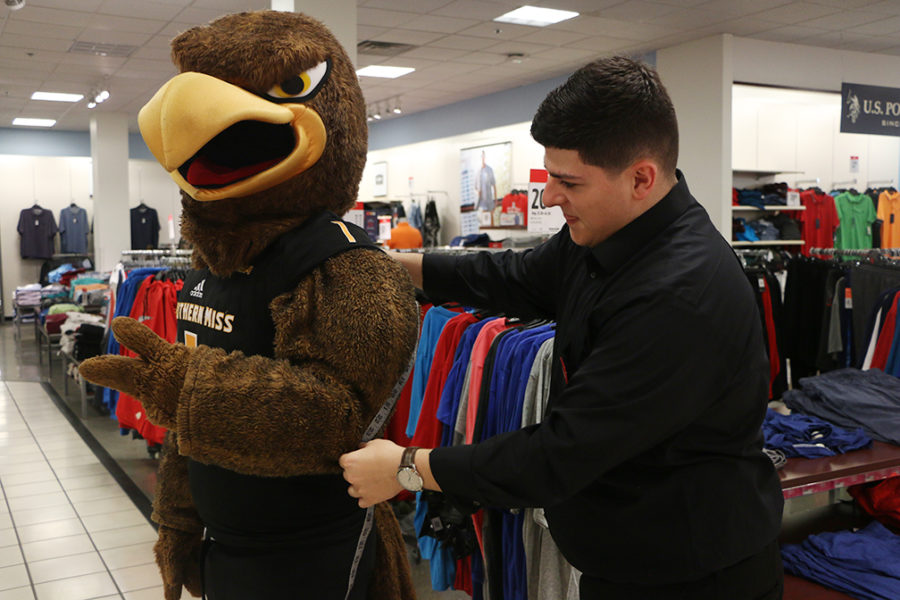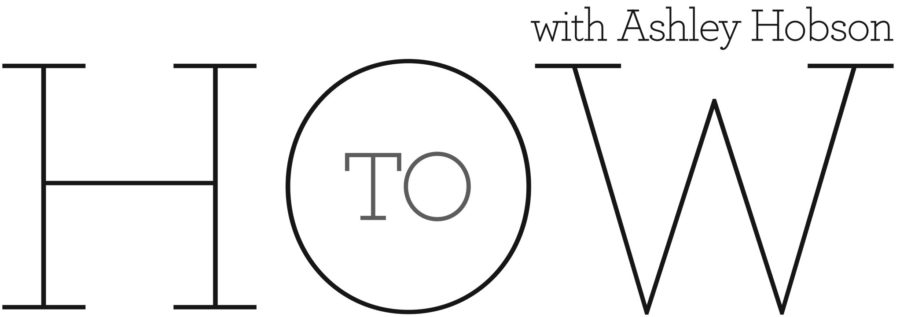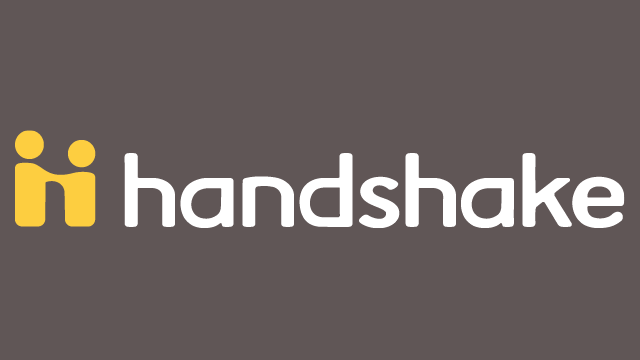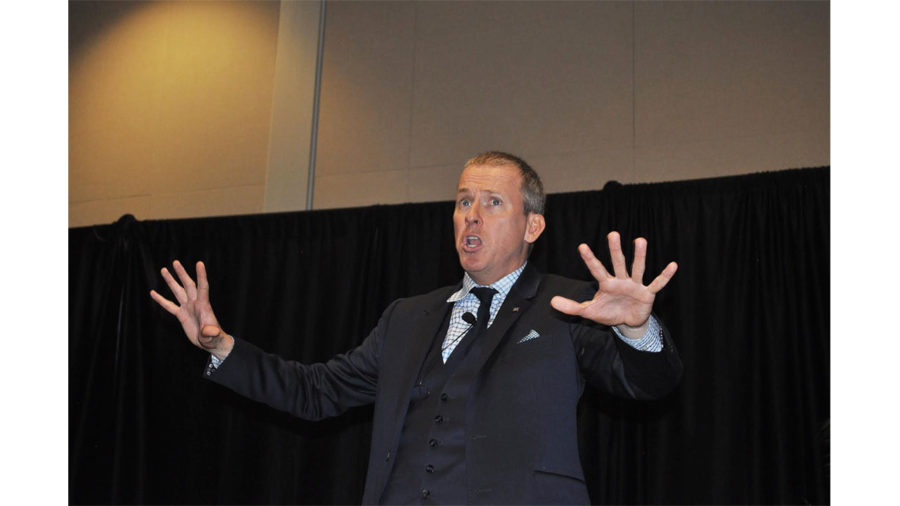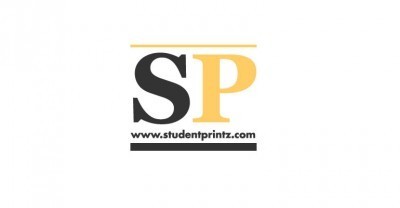Across the country, recent college graduates are facing what many refer to as the “experience gap” or “skills gap” when it comes to seeking a job upon graduation.
USA Today reported that though the number of unemployed U.S. citizens with bachelor’s degrees has dropped 2.8 percent, there are still 44 percent of college graduates who claim they are unemployed. Today, students are now expected to gain knowledge of the working world while they are in college. “Well, how are we expected to do that?” a student might ask.
The University of Southern Mississippi offers many programs and outlets to help and encourage students to take their learning outside of the classroom. Of the many ways Southern Miss aids its students in bridging the “experience gap,” Career Services is one of the first places the university suggests to turn to when it comes to looking for internships and employment. Career Services offers several tools for students to use when seeking job and skill experience. First, the department offers Eagle Employment, an outline database only accessible to students and alumni of the university.
According to the Career Services website, Eagle Employment allows students to search for “jobs, internships and on-campus interviews.” There is also an option for students to upload their resumes to the database in order to be viewed by future employers. Career Services also hosts several career fairs throughout the school year.
“Attending Career Fairs is a wonderful way to start networking with employers and work
on those professional skills that many students may not have had the opportunity to use or practice prior to that experience,” said Kathy Killam, assistant director of Career Services. “Students, no matter what their academic level, can benefit from the Career Fair experience.”
Career Services also encourages students to come by and have their resumes reviewed by the department. According to Killam, they will help students with formatting as well as content.
“Students should take opportunities to become involved in student, community and professional organizations whenever possible, and take leadership roles within those organizations,” she said.
“Students should also gain some work experience, preferably in their area of professional interest even if that experience is as a volunteer. Employers look for well-rounded applicants who not only have an education but work experience, and community involvement as well.”
Another way Southern Miss is helping its students bridge the experience gap is by having certain majors require, or strongly encourage, their students to complete a practicum, internship or externship during their time at USM or immediately following.
Former student Ainsley Vaughan graduated in May 2014 with a Bachelor of Arts degree in deaf education. She is now pursuing a Masters of Science in deaf education at Washington University School of Medicine in St. Louis, Missouri. While at Southern Miss, she was required to complete a practicum within her department.
“In my undergraduate program, I was taught how to teach children who are deaf and hard of hearing (D/HH) in an array of different educational settings,” she said. “The practicum and student teaching helped me take what I learned in class and apply it to real students who are D/HH.”
Her practicum experience eventually led her to pursue her masters in education. “Those experiences helped me gain knowledge of my field, and what kind of deaf educator and population of students I wanted to target,” she said. “It’s hard to fully understand the things you learn in class until you can actually start applying them.”
Thomas Haring is a junior construction engineering technology major. This major requires students to work at an outside venue. This past summer, Haring worked over 400 hours at Hargrove EPC. “The teacher had a conference call with my boss to ensure the job was good enough to satisfy the requirements,” he said. “I had to log all my activities at work for the entire summer by the hour.”
Haring was then required to write two papers explaining his activities and how they would help him in his future endeavors. At the end of the summer semester, Haring presented a 10-15 minute presentation on all of the work he had completed.
“It gave me a preview of my career. In fact, that’s where I’ll be working when I get out of college because I enjoyed it so much and they liked me,” he said. “It was difficult at times because they just threw me into it and expected me to learn on the fly, but overall it solidified my choice to pursue a career in project controls/project management.”
Senior paralegal studies and sociology double major Madeline Kuluz said her major strongly encourages its students to pursue an internship. She has had several internships and jobs that she has been able to use as credit hours through her department.
Kuluz will be attending law school at the University of Mississippi in the fall of 2015. “I think this definitely makes you more marketable to law schools, but especially the workforce,” she said. “When you’ve gotten experience, it counts towards experience time and it’s real experience you can apply to schools or a law firm.”
Junior kinesiotherapy major Katherine Brewer will begin her internship in the spring of 2016. Her program requires its students to begin meeting with their adviser a year in advance to help them secure an internship in a good location. According to Brewer, spaces are very limited at certain locations. They then contract with the facility they will be working with and move to begin working. The following semester, they start the process over again. Brewer said kinesiotherapy students typically intern during the fall and spring of their senior year.
Campus-wide, more and more majors are requiring their students to gain experience. And whether a student is required to have an internship, externship or practicum, it has been proven across the nation that skills learned in those programs better a student’s success at finding a job post-graduation.
For more information on internships and employment visit Career Services.























